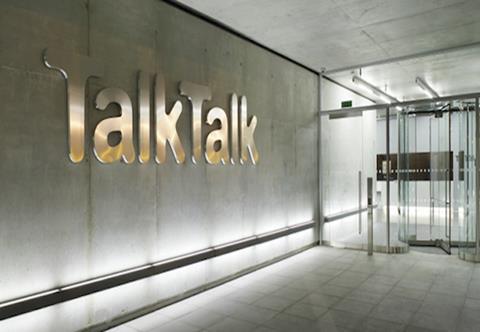
Telecommunications organisation TalkTalk introduced a total reward strategy in 2011. As part of the exercise, it introduced banding to achieve clarity and alignment across different sections of employees
Sam Kirk, reward director at TalkTalk, says: “We brought all our benefits together at the same time and with great visibility. It helps people to think about it differently. Now they really think of pensions, for instance, in the round as part of their benefits package.
“It allows us greater transparency: everybody knows if they are in a band D, that is what they get. There is a greater level of trust for people; they absolutely know they have the same as their friends.”
Now, data is fed in in real time. “It has been relatively easy to bring all the benefits together because with [provider] Capita, it all sits in the same place,” explains Kirk. “We have a feed between Capita and Workday [Capita’s business management software] with files exported so if anyone changes their pension contribution that’s fed in. If someone decides they want a new childcare voucher structure, that goes into Workday.”
Total reward does not have to cost the earth to get big results, says Kirk. “Eighty per cent of our benefits package is employee funded,” she says. “We negotiate preferential rates, but the only things we pay for are pensions, healthcare, income protection and life assurance. The rest of the benefits are employee funded, and they tell us it’s an amazing package.
“Don’t be afraid to rip up the rulebook and talk to your employees about a proposition. It helps people to understand, particularly if you engage them from the offset.”
TalkTalk is also constantly looking at ways to improve its offering. “We are thinking about how we can help people with financial education,” adds Kirk. “As an employer we have a duty to help to them understand. It’s an area you don’t necessarily think of as being a benefit, but is still really important.”













![[FisherA]_portrait_web_crop_newstyle](https://d1m12snq5oxhll.cloudfront.net/Pictures/100x67/9/2/6/108926_fishera_portrait_web_crop_newstyle_714878.jpg)


